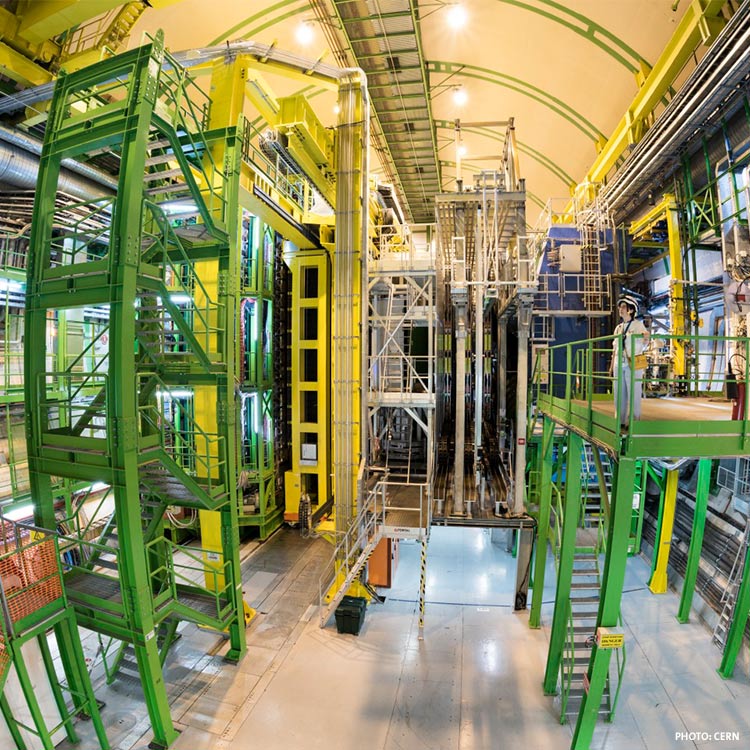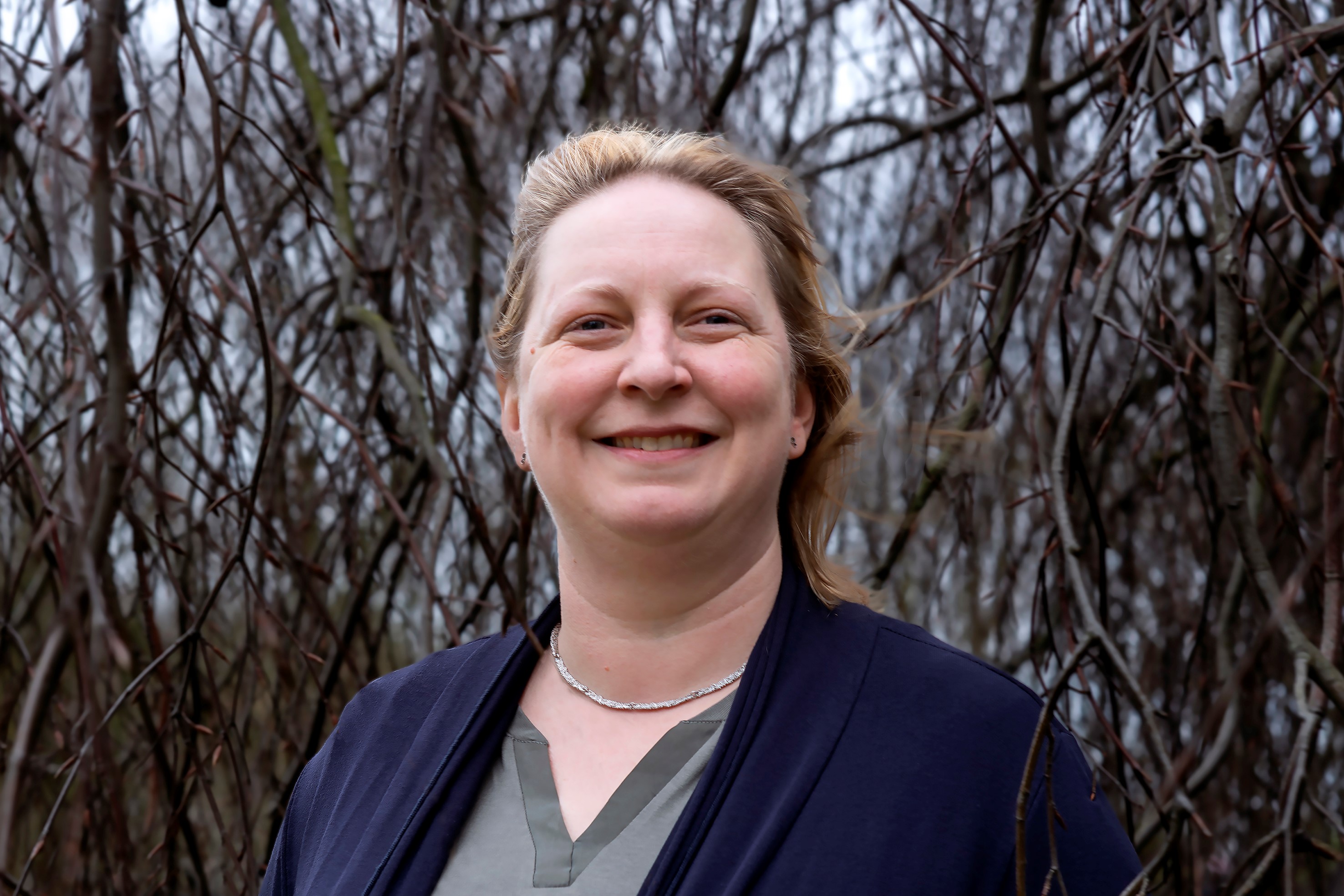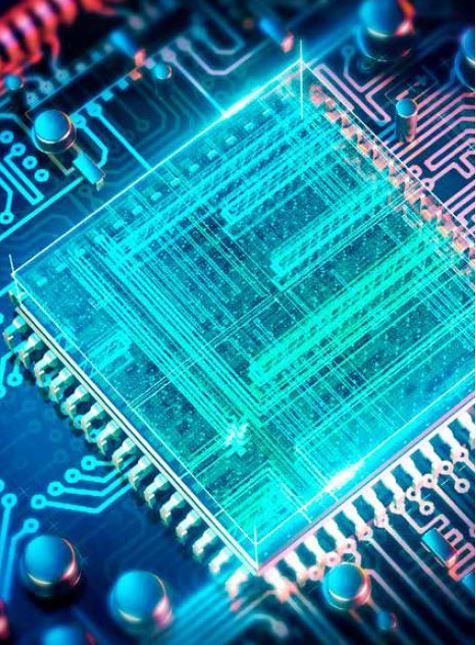Maastricht officially admitted into LHCb experiment at CERN
Maastricht University has been officially admitted into the LHCb experiment at CERN, starting January 2020. At the same time, the Faculty of Science and Engineering installed a new chair, prof. Marcel Merk, on collider physics into the newly founded research group.
The research group will search for the existence of new, fundamental quantum particles, that would help explain our puzzling observations in the cosmos including the disappearance of antimatter in our universe right after the big bang. This is done by using decays of so-called beauty mesons, which are unstable particles that are produced in the world’s highest-energy particle accelerator, the Large Hadron Collider at CERN in Geneva.

Exploring all forces of nature in Maastricht
Furthermore, new applications of Machine Learning and High-Performance Computing in the data processing of the LHCb experiment are explored, together with experts at the Department of Data Science and Knowledge Engineering. “I’m looking forward to seeing all the wonderful things that this collaboration will lead to”, says Dr. Jacco de Vries, who is the principal investigator of the group towards CERN. “Together with the Einstein Telescope, that focuses on gravitational effects, we now have a research team that explores all the other fundamental forces of nature - weak, strong and electromagnetic - right here in Maastricht”.
Physics at Maastricht University
Particle physics research at Maastricht University started around two years ago at the Maastricht Science Programme, within the Faculty of Science and Engineering (FSE), in collaboration with the National institute for subatomic physics, Nikhef.
Also read
-
"I am proud that our new Circular Plastics group published its first completely in-house research," Kim Ragaert says. She founded the research group three years ago, when she moved to Maastricht. Her work has laid the foundations for many innovations in the field of plastic recycling, and she is...
-
Programming quantum computers, like the quantum computer itself, is still in its early stages. Quantum computing researchers tend to be physicists, mathematicians, or computer scientists who have a special interest in the mathematical framework of quantum mechanics.
-
Atoms and smaller elementary particles behave in unusual, sometimes unpredictable ways. It sounds strange, but it is this unpredictability that gives a quantum computer its power. Executing precise calculations with previously unheard-of possibilities in a way that physicists still do not completely...


